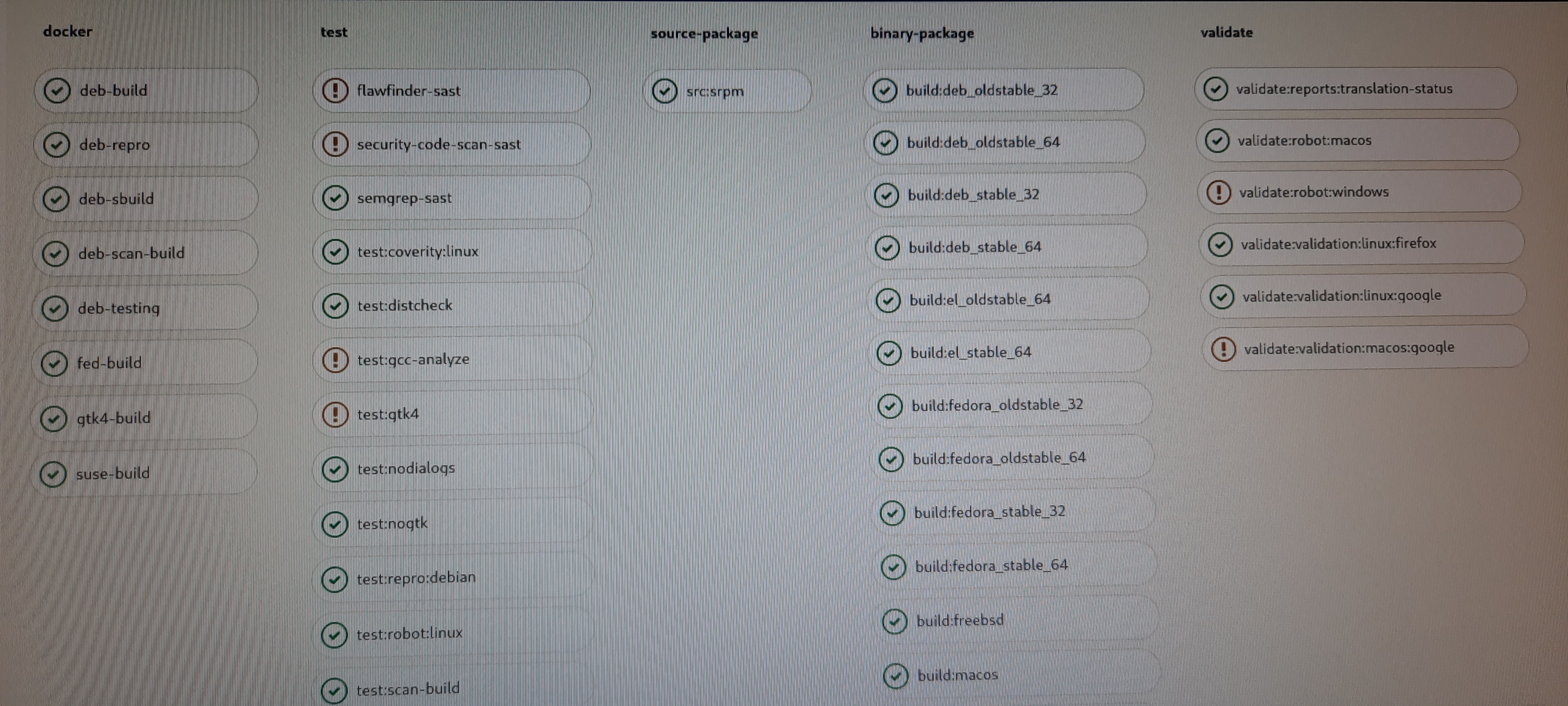@xahteiwi not a full one, because of the expected cost of that, but I have done a partial one and that worked perfectly.
@xahteiwi I run bacula to an Amazon storage gateway VM, which provides a virtual tape library that I can write to. It ends up putting the virtual tapes in Amazon Glacier deep archive. Monthly cost for about 3T of raw data is less than 0.5USD; typical monthly cost is about 3-5USD (traffic is the main cost)
I calculated that an actual full recovery would cost me about 400-500 USD, which is significant but acceptable as a last resort scenario
Full story on https://grep.be/blog/en/computer/Backing_up_my_home_server_with_Bacula_and_Amazon_Storage_Gateway/ and https://grep.be/blog/en/computer/Different_types_of_Backups/
I calculated that an actual full recovery would cost me about 400-500 USD, which is significant but acceptable as a last resort scenario
Full story on https://grep.be/blog/en/computer/Backing_up_my_home_server_with_Bacula_and_Amazon_Storage_Gateway/ and https://grep.be/blog/en/computer/Different_types_of_Backups/
@grigs it probably means they can send push notifications more easily, which means you would interact with them more, which means they get more money out of you. So it is in fact better, it's just that it's better for *them*, not for you...
@vincentvdk haven't noticed that. What are you seeing?
@bikejourno only if they exist in isolation. If they are part of a larger effort of making cycling safe (e.g., dedicated and segregated bike lanes, absolute priority for bikes at crossings, etc etc) then it can be a good part of the strategy.
#TFW you wrote this and someone sends you a link to the gitlab CI tutorial with a "you should use this, it's amazing" 😃 like, I know dude.

@zhenech you mean like USB on the go?
@purpleidea
Well, except if the service is a password vault, in which case they should encrypt the plain text password to the user's key and store the encrypted password 😉
@mark
Well, except if the service is a password vault, in which case they should encrypt the plain text password to the user's key and store the encrypted password 😉
@mark
@bagder
Whoops, yes, missed that 😳 sorry
Whoops, yes, missed that 😳 sorry
@bagder note it's WWW::Curl (double colon, seems like your slide has that wrong -- but I could be mistaken).
And there's also Net::Curl, which is a more modern set of perl bindings than WWW::Curl (and which is a bit easier to use from perl IMO)
And there's also Net::Curl, which is a more modern set of perl bindings than WWW::Curl (and which is a bit easier to use from perl IMO)
@scalzi
How long did you work on it?
How long did you work on it?
@stefketels @stroobl Pretty much elke USB kaartlezer, en zelfs de ingebouwde modellen, die in de laatste 10-15 jaar uitgekomen zijn, spreekt het gestandaardiseerde CCID-protocol en is daarmee plug-and-play onder Linux.
De ACR38u chipset is ouder dan CCID en heeft daarom dan ook specifieke drivers nodig.
De ACR38u chipset is ouder dan CCID en heeft daarom dan ook specifieke drivers nodig.
@stefketels
@stroobl
... en dan zie ik dat ik de vraag verkeerd gelezen heb 😂
Er is geen aangepaste .so nodig. Voor een acr38u heb je wel extra drivers nodig (package libacsccid1) die voor andere lezers niet relevant is. Persoonlijke mening is dat de acr38u een hoop miserie veroorzaakt en dat de prijs van een modernere lezer nu ook weer niet zo overdreven hoog is...
@stroobl
... en dan zie ik dat ik de vraag verkeerd gelezen heb 😂
Er is geen aangepaste .so nodig. Voor een acr38u heb je wel extra drivers nodig (package libacsccid1) die voor andere lezers niet relevant is. Persoonlijke mening is dat de acr38u een hoop miserie veroorzaakt en dat de prijs van een modernere lezer nu ook weer niet zo overdreven hoog is...
@stefketels
@stroobl
Het werkt wel onder Linux (en wordt daar ook ondersteund), alleen niet onder snap. Technische reden en details (én een mogelijke oplossing) staan op de faq vraag waar heel duidelijk naar gelinkt wordt vanop https://eid.belgium.be/nl/linux-eid-software-installatie 😉
@stroobl
Het werkt wel onder Linux (en wordt daar ook ondersteund), alleen niet onder snap. Technische reden en details (én een mogelijke oplossing) staan op de faq vraag waar heel duidelijk naar gelinkt wordt vanop https://eid.belgium.be/nl/linux-eid-software-installatie 😉
@Ganneff What benefit would the family option thing get you? Honest question, no real clue.
@Ganneff have been using KeePassXC (packaged in Debian), with the key file on a (self-hosted) nextcloud instance. Works well, and I can even access my passwords on my phone using KeePassDX (android app that can read multiple files formats, including the KeePassXC one).
